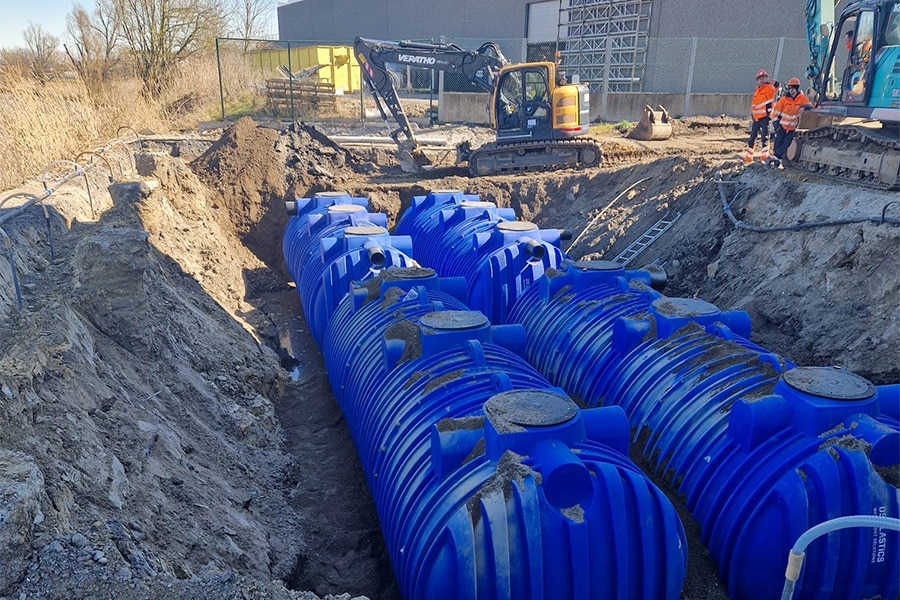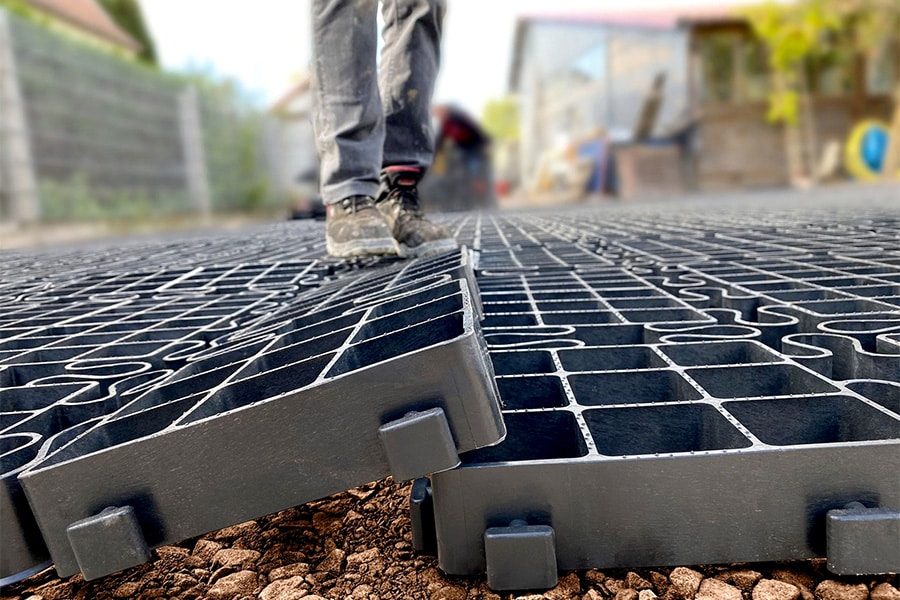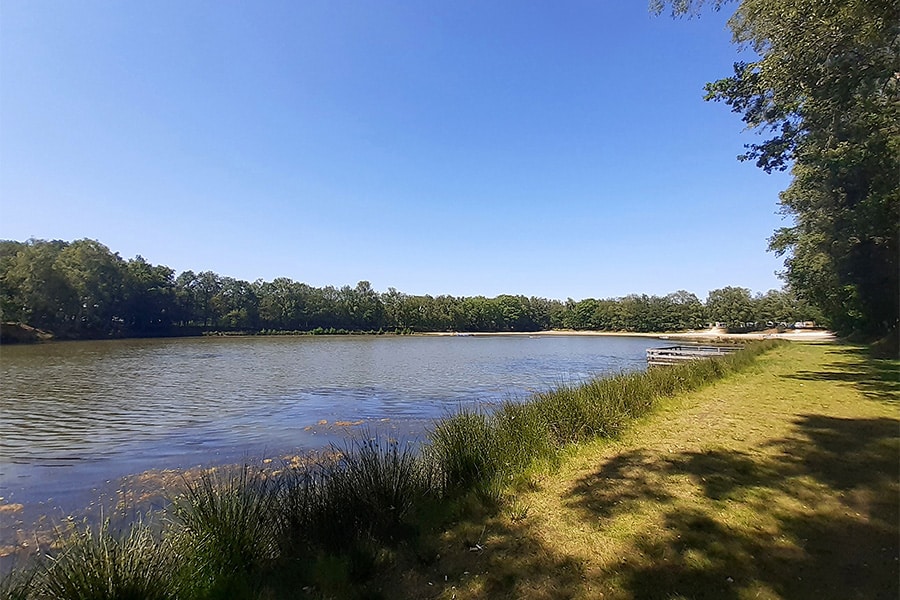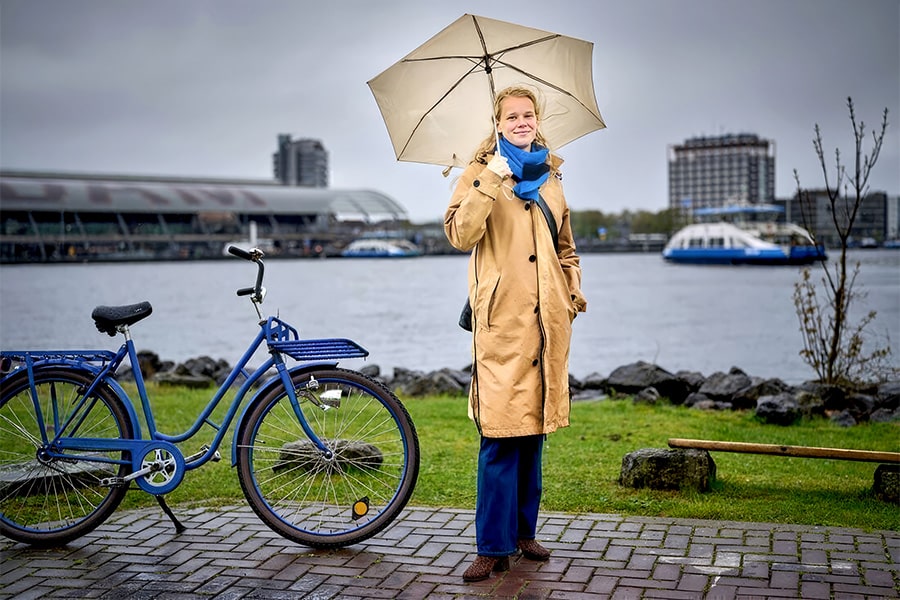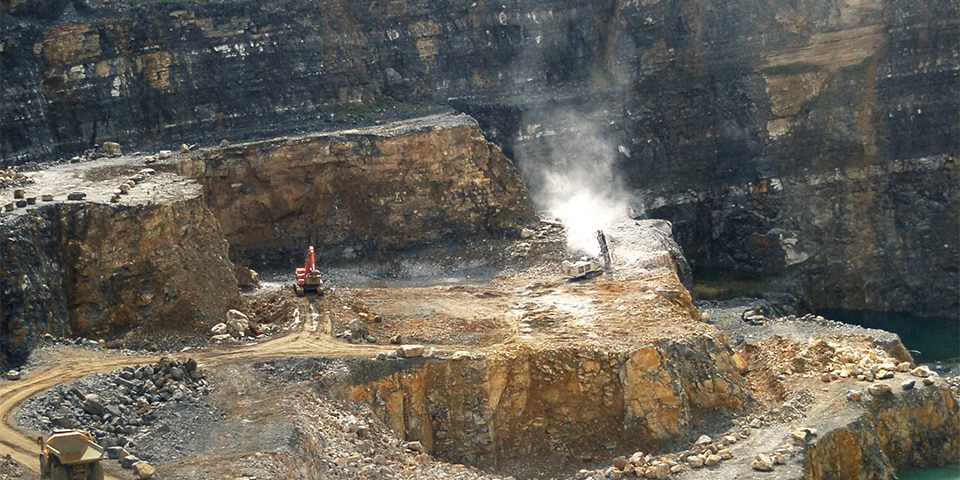
Speedboat between oil tankers
That small companies can hold their own among the larger parties is something you see regularly. Companies with a lot of expertise, experience, short lines and a high degree of flexibility.
A good example is Maastricht-based Roxx International, which is celebrating its first anniversary this year. Five years have passed since the firm in natural stone (rocks) was founded. "We are a small independent trading company with a high degree of flexibility and years of experience in producing and supplying road and hydraulic engineering materials," explains director Roy Maassen. "This includes crushed stone (hydraulic engineering stone), crushed stone (aggregates) and stacking stone (for aesthetic purposes). But also secondary building materials such as steel slag released in the steel industry." Trading all these materials is the core business of the firm, whose customers include the largest hydraulic contractors in the world.
The connecting factor between contractor, manufacturer and transporter
What is special is that Roxx International involves its customers, especially contractors and middlemen, in the overall process. Maassen: "As a supplier, we are the connecting factor between contractor, producer and transporter and offer added value in several respects. We often think along with a contractor at an early stage in a tendering process. Then we already design solutions in the quarries that make certain operations on the job unnecessary and enable the contractor to win a tender." The firm also plays a role in the later transport phase. "We can provide transport externally, but also with our own equipment. Roxx ensures that delivery is usually within a week, which is extremely fast," Maassen said. Stones are mined in quarries in Norway, Germany and Belgium and manufactured into various calibers. There they are already made suitable for road or hydraulic engineering.
Into the future with confidence
Over the past five years, the company has contributed to many major projects at home and abroad. For example, to the dyke reinforcement on Ameland (360,000 tons of crushed stone), to the reinforcement Houtribdijk (250,000 tons of crushed stone) and to Nobelwind-Bligh Bank Phase II Offshore Wind Farm (30,000 tons of crushed stone). But also to small-scale nature and recreation projects such as Volmolen Rode Beek in Susteren (5,000 tons of crushed stone). Maassen views the future, in which sustainability is important, with confidence. "For example, our goals are to reduce CO2-emissions, producing raw materials even more sustainably and further developing recyclable materials. In that, there is still a battle to be fought!"
